PwC’s 2024 Global Workforce Hopes and Fears Survey indicates that employees feel overwhelmed by rapid change at work, with many questioning its necessity. Increased workloads and financial stress are also taking their toll. However, workers are also eager to master new AI tools and otherwise upskill. In this enlightening report, PwC analyzes these findings and offers company leaders helpful guidance on how to help workers navigate these developments — including better communication about the purpose behind changes and investing in what their employees value, like fair pay and flexibility.
Many employees feel overwhelmed by the pace of change.
PwC’s 2024 Global Workforce Hopes and Fears Survey, the fifth in the series since 2019, reveals that a significant portion of employees worldwide feel overwhelmed by the pace of change at work. A majority of respondents believe there is too much change happening simultaneously, and 44% do not understand the necessity of the changes taking place. Heavier workloads, job security concerns, and financial stress are also taking their toll on employee well-being.
But the picture is not entirely dire. The survey of over 56,000 workers across 50 countries shows most employees are ready to embrace changes to how they work and want to upskill. They are eager to understand how generative AI (GenAI) might help them work more efficiently, and most feel optimistic about their company’s long-term outlook.
Communicate “the why” of change if you want your business transformation plans to succeed.
More than 60% of respondents say they...
PwC is a leading global professional services network that offers a wide range of assurance, advisory, and tax services.



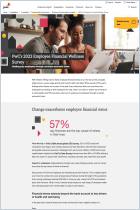
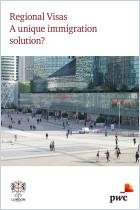
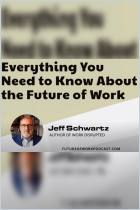
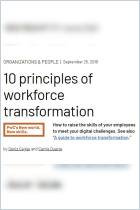
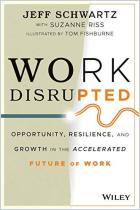
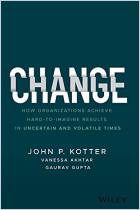
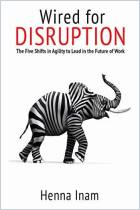
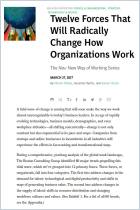








Comment on this summary